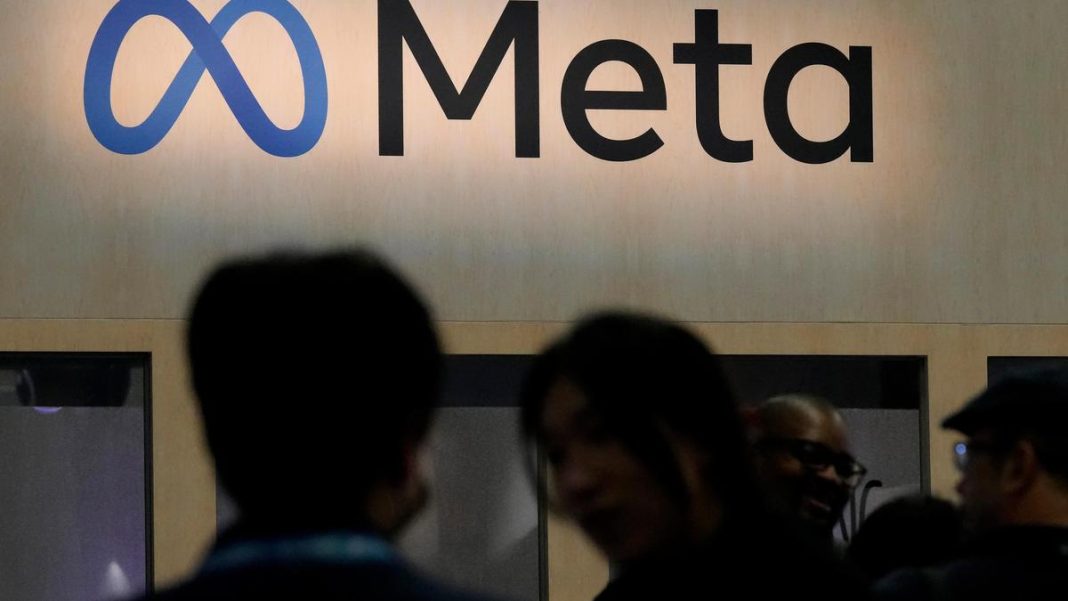Meta Accused of Burying Internal Research Showing Social Media Harms
New court filings allege Meta shut down its own ‘Project Mercury’ research after it found causal evidence linking Facebook and Instagram use to increased depression, anxiety, and loneliness. The internal study reportedly showed users felt better after deactivating the platforms for a week.
Key Allegations
- Meta’s internal ‘Project Mercury’ study found causal link between platform use and mental health decline
- Company allegedly halted research and dismissed findings as ‘tainted’ by media narrative
- Internal documents claim Meta designed ineffective safety features to protect growth
- Platforms accused of paying child-focused organizations to publicly defend their safety
The ‘Project Mercury’ Findings
According to unredacted court documents, Meta’s 2020 research with Nielsen found that people who stopped using Facebook for just one week reported significantly lower feelings of depression, anxiety, loneliness, and social comparison. Despite internal validation of these results, including staff assurances to Nick Clegg about the study’s causal findings, Meta allegedly terminated the research program.
One researcher privately compared the situation to tobacco companies “doing research and knowing cigs were bad and then keeping that info to themselves.” The filings claim Meta later told Congress it couldn’t quantify whether its products harmed teenage girls, despite its own research suggesting otherwise.
Broader Legal Action Against Social Media Giants
The allegations form part of a larger class action by U.S. school districts against Meta, Google, TikTok, and Snapchat. Law firm Motley Rice claims these companies intentionally concealed internally recognized risks from users, parents, and educators.
All platforms face accusations of encouraging underage use, failing to address child sexual abuse content, and expanding teen usage during school hours. The complaint also details how platforms allegedly paid child-focused organizations like the National PTA to publicly defend their safety records.
Specific Allegations Against Meta
Internal documents reveal several concerning practices:
- Youth safety features were intentionally designed to be ineffective and rarely used
- Users required 17 sex trafficking attempts before removal from platform
- Products optimized for teen engagement despite serving harmful content
- Child predator prevention efforts stalled for years due to growth concerns
A 2021 text message from Mark Zuckerberg reportedly stated child safety wasn’t his “top concern” compared to building the metaverse. The filings also claim he rejected Nick Clegg’s requests for better child safety funding.
Meta’s Response and Legal Proceedings
Meta spokesman Andy Stone called the study methodology flawed and defended the company’s safety record. “The full record will show that for over a decade, we have listened to parents, researched issues that matter most, and made real changes to protect teens,” he stated.
Stone disputed the specific allegations, calling safety measures “broadly effective” and current sex trafficking policies more stringent. Meta has filed to strike the documents from the record, with a hearing scheduled for January 26 in Northern California District Court.




